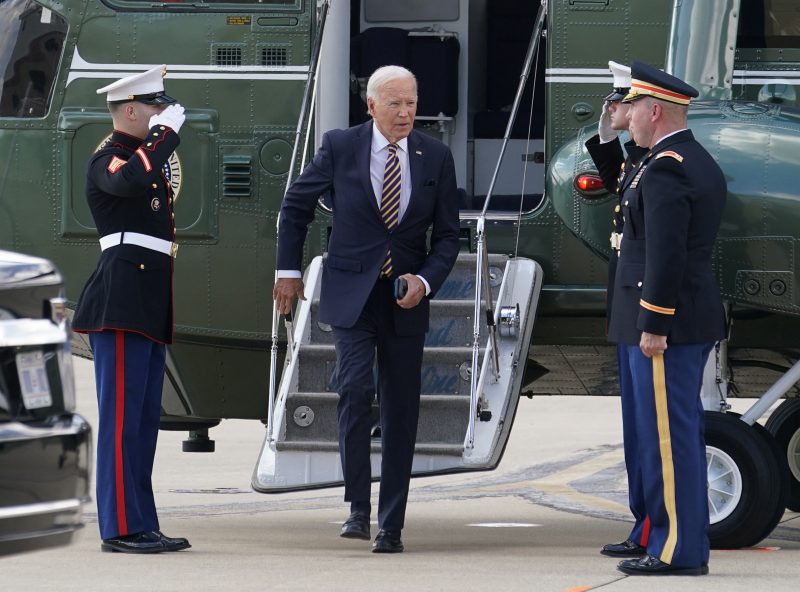The recent United Nations General Assembly meeting held in New York was marked by heightened tensions and significant concerns regarding the situation in the Middle East. The focus on the Middle East during the assembly underscored the crucial role that the region plays in global geopolitics and the challenges it faces, especially in the wake of the withdrawal of US troops from Afghanistan.
One of the key topics of discussion during the meeting was the deteriorating situation in Afghanistan following the fall of Kabul to the Taliban. The swift takeover of the country by the Taliban raised international alarm about the future of Afghanistan and its impact on regional stability. The UN assembly provided a platform for world leaders to express their concerns and engage in dialogue on how best to address the humanitarian crisis and ensure the protection of human rights in Afghanistan.
Another significant area of focus at the UN meeting was the escalating tensions between Israel and Palestine. The decades-long conflict between the two sides has once again flared up in recent months, leading to renewed violence and instability in the region. The international community called for a peaceful resolution to the conflict and emphasized the need for dialogue and diplomacy to prevent further bloodshed and suffering.
Iran’s nuclear program also featured prominently in discussions at the UN assembly. The ongoing negotiations to revive the Iran nuclear deal, known as the Joint Comprehensive Plan of Action (JCPOA), were a matter of concern for many world leaders. The potential reentry of the United States into the agreement and Iran’s nuclear ambitions were hotly debated, with calls for all parties to engage constructively and find a way forward that ensures regional security and stability.
The situation in Yemen, where a devastating civil war has been raging for years, was another pressing issue discussed during the UN meeting. The humanitarian crisis in Yemen, exacerbated by the conflict, has left millions of people in need of urgent assistance. World leaders reiterated their commitment to finding a peaceful resolution to the conflict and providing much-needed aid to the people of Yemen.
The Middle East remains a complex and volatile region, with numerous conflicts, power struggles, and humanitarian crises shaping its present and future. The UN General Assembly served as a platform for dialogue and diplomacy, allowing world leaders to address these pressing challenges and work towards peaceful solutions. As tensions continue to loom over the region, international cooperation and concerted efforts will be essential to promote stability and security in the Middle East and beyond.
